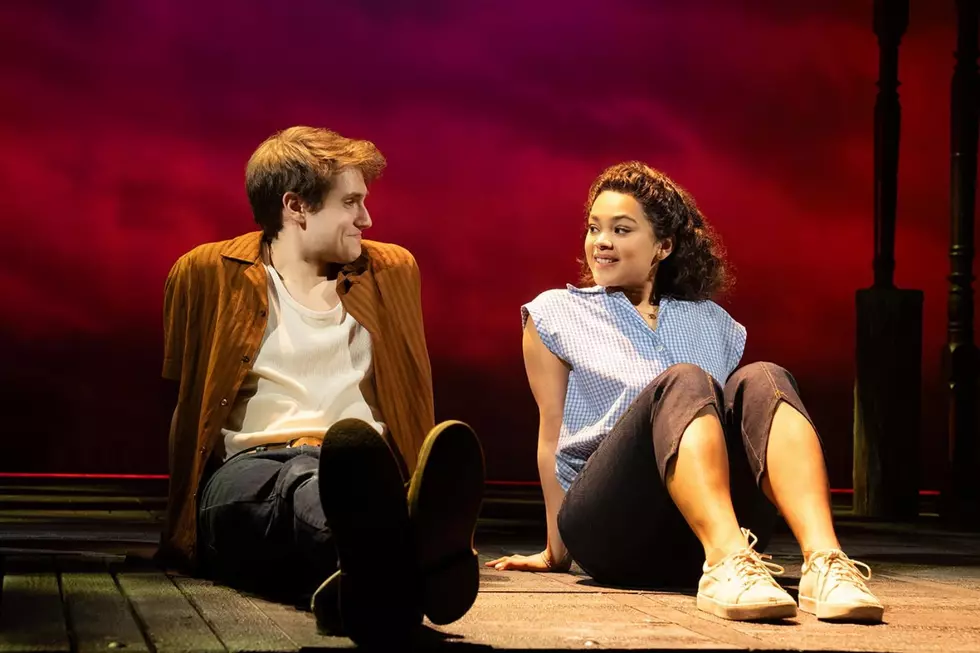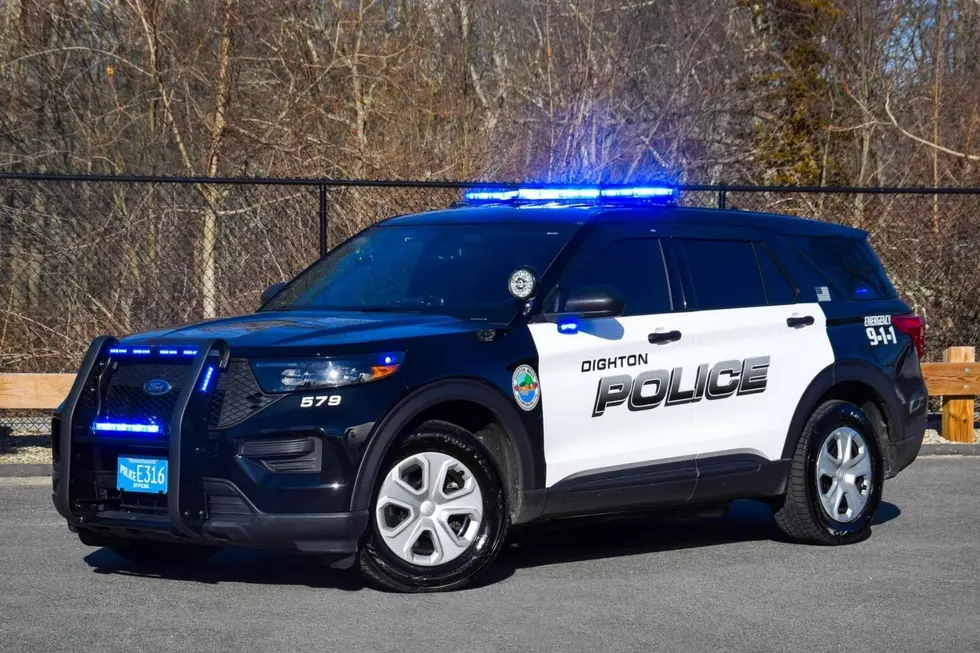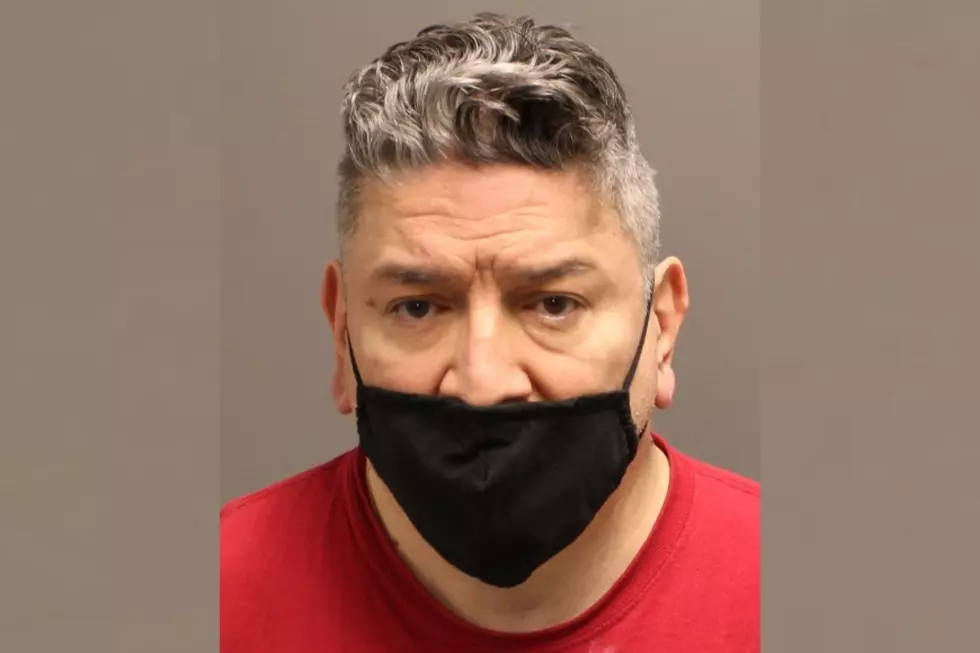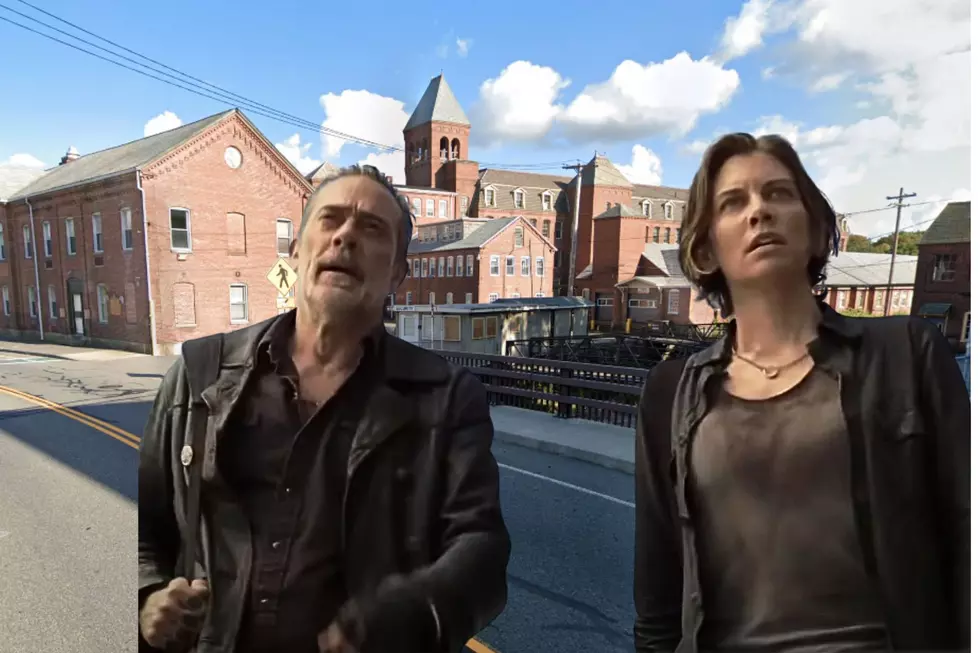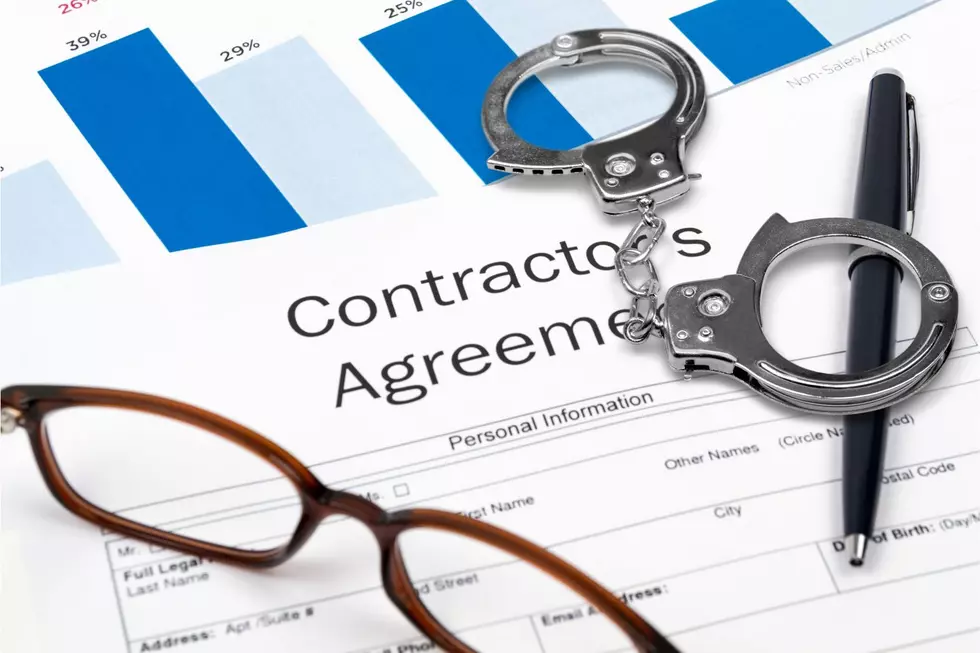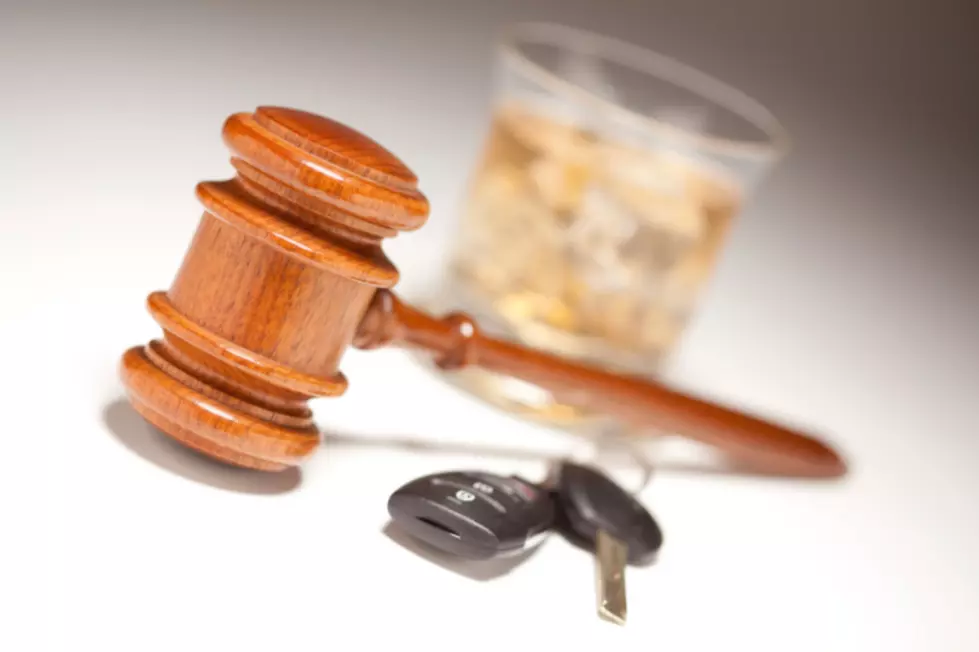
Taunton Fatal OUI Crash Suspect to Be Released
UPDATE: This article has been updated to include comments from Bristol County D.A. Thomas Quinn.
TAUNTON — The suspect in a fatal crash last year in Taunton that allegedly involved drugs and alcohol will likely be released on bail after the state's highest court decided prosecutors could not hold him before his trial.
On Friday, the Massachusetts Supreme Judicial court published an opinion upholding a lower court's decision to grant 42-year-old Roland Escobar $10,000 bail.
Prosecutors had asked the court to hold Escobar in pretrial detention without bail following the Aug. 3, 2021 crash, which involved around a dozen vehicles and killed 59-year-old Taunton resident Lisa Rocha.
But the state's highest court decided that because the crimes of which Escobar stands accused were reckless and not intentional in nature, he cannot be held as a potential danger to society.

According to preliminary evidence noted in the SJC decision, Escobar was driving an SUV on Main Street in Taunton when he allegedly rear-ended a moving vehicle and then sideswiped multiple parked cars.
The SUV continued traveling in the right-hand parking lane before striking Rocha, who was walking towards the driver's side of her parked car.
Escobar then allegedly continued along Main Street before colliding with a pickup truck, turning onto Summer Street and rear-ending another vehicle, causing the SUV to roll and hitting a number of other vehicles.
In total, around 12 vehicles were involved in the incident.
Rocha was taken to Morton Hospital, where she was pronounced dead due to serious injuries to her head and internal organs.
According to the decision, police arrived to find Escobar unconscious in the SUV and allegedly suffering from an opiate overdose.
First responders treated him with naloxone and brought him to a hospital in Brockton, where he allegedly told state police that he had taken two shots of whiskey and a few different pills, then "blacked out".
Justices noted in the summary that the prescription drugs included at least one opiate and one anticonvulsant that he had not been prescribed.
Escobar was arrested after the interview and arraigned the next day.
He was charged with manslaughter, assault and battery by means of a dangerous weapon, felony motor vehicle homicide by means of OUI and negligent operation, OUI (second offense), and leaving the scene with death resulting, among other charges.
In a dangerousness hearing, the District Court had ordered Escobar to be held as a potential danger to society, but the defendant asked for a review and was granted release on $10,000 bail. An appeal from prosecutors was then transferred to the SJC.
In their written opinion, Supreme Court justices noted that pretrial detention is a "last resort" due to the presumption of innocence of all defendants.
Prosecutors had argued that Escobar's offenses count among the crimes that allow for pretrial detention.
On the list is any felony that includes "the use, attempted use of threatened use of physical force against" another person.
But according to the defense, the word "against" as written in the law means that the force or threat thereof must be intentionally directed towards another person or people in order to qualify the defendant as a danger.
Because Escobar's manslaughter and assault and battery charges are crimes that could be committed recklessly, the defense argued, they do not count as "use of force" offenses that would render him eligible for pretrial detention as a danger.
The SJC agreed.
But Bristol County District Attorney Thomas Quinn — who this year supported an effort to expand the dangerousness statute — said it "makes no sense" that prosecutors can't ask to hold defendants for crimes like manslaughter or child rape.
"This decision further highlights the need to add specific offenses to the dangerousness statute, which I have advocated for several years," he said. "Clearly the facts of this case should allow us to file a petition with the court to request this defendant be held as a danger to the community."
"The legislature needs to make some changes to better protect the public," he added.
Massachusetts Unresolved Cases Playing Cards
13 Famous People Who Went Missing and Were Never Found
More From WBSM-AM/AM 1420

